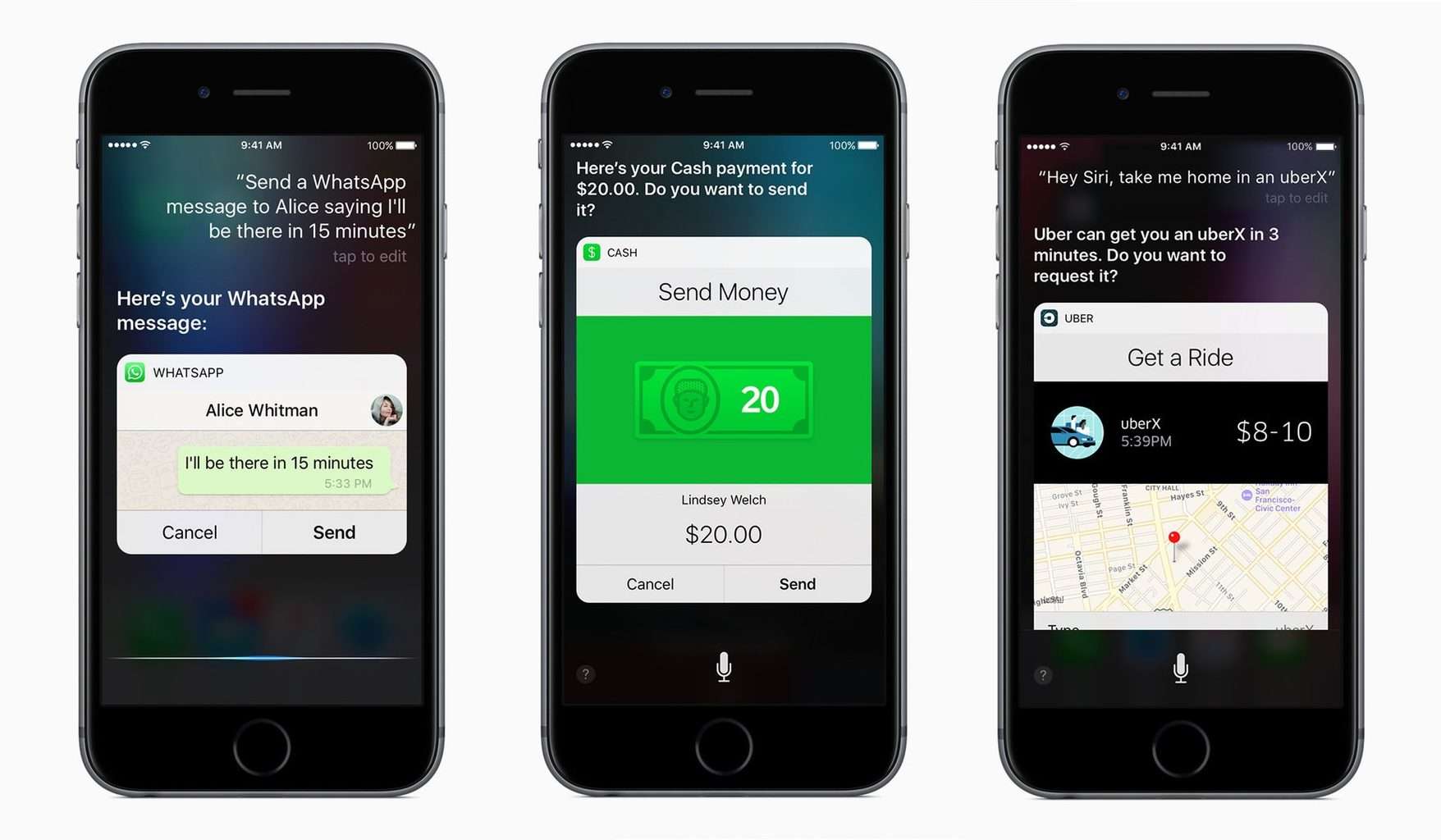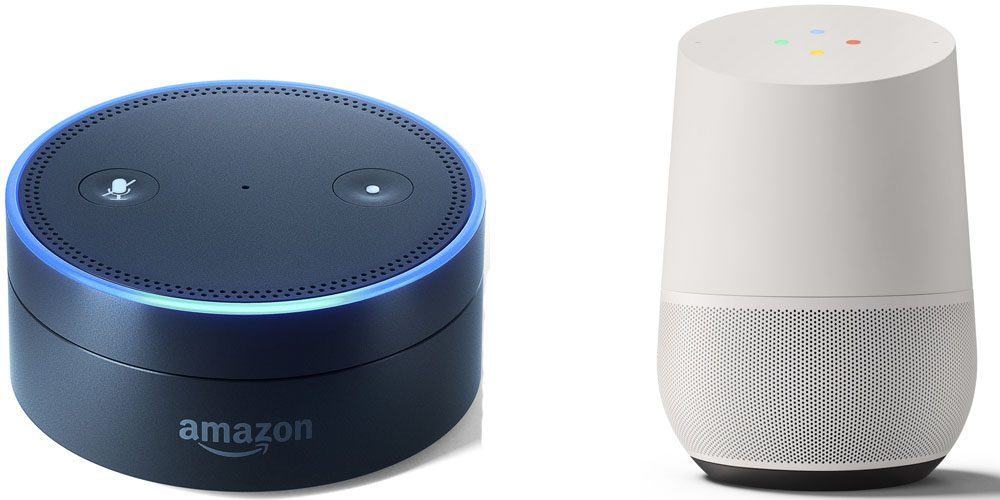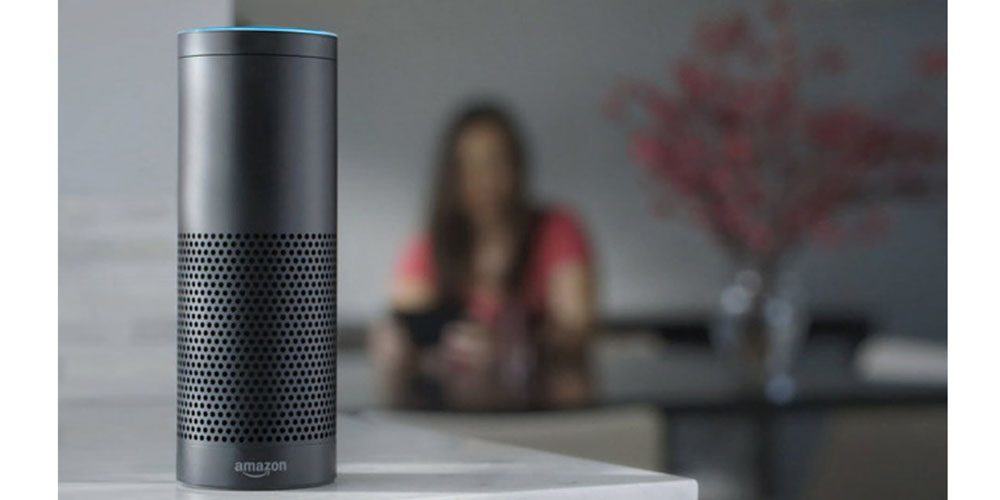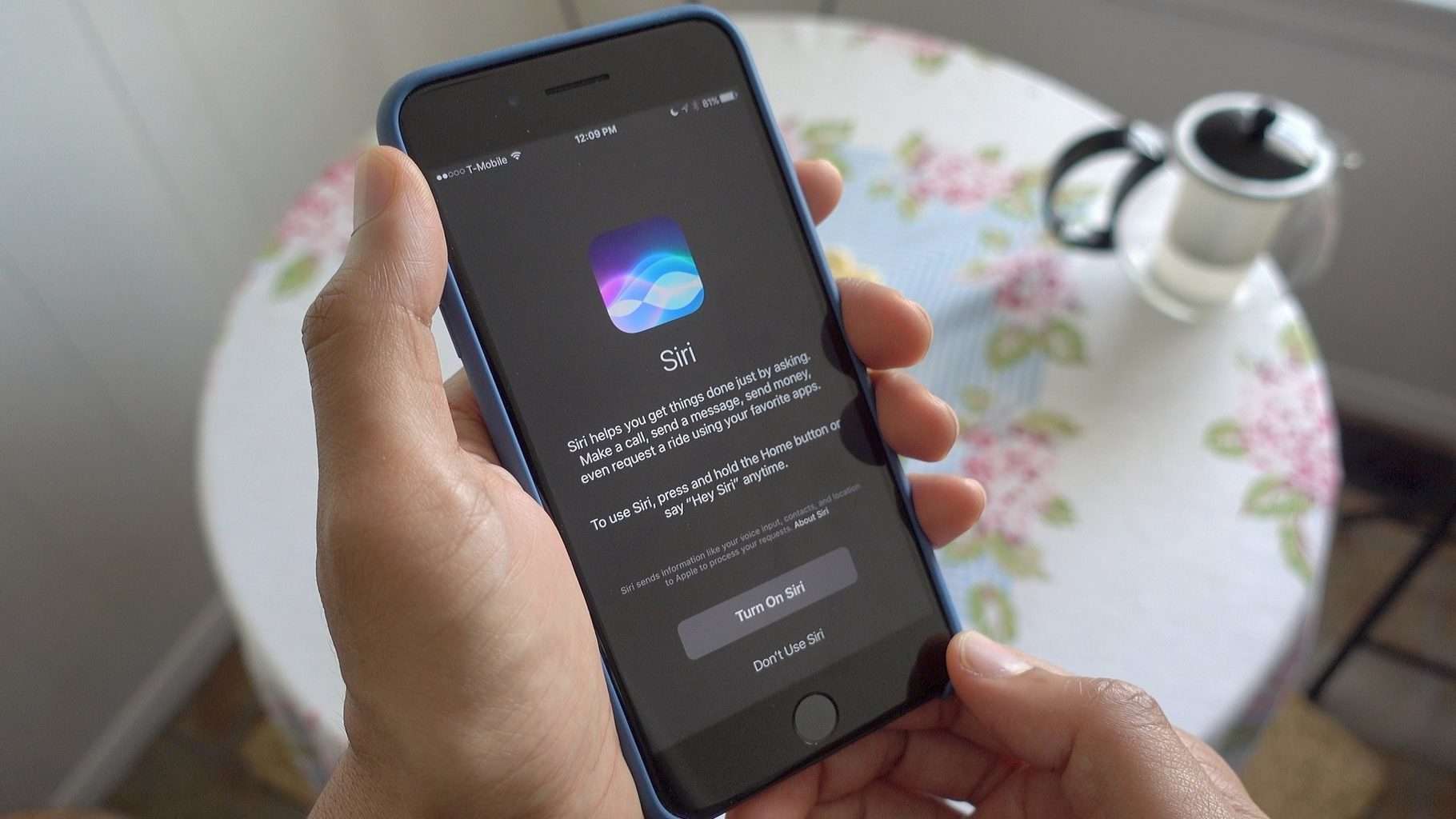Apple’s rumored Siri Speaker may be hitting the market this year and with it will likely come improvements to Siri itself. Apple, however, won’t be the first to release a standalone speaker with a built-in virtual assistant. Google has already released its solution, Google Home, while Amazon has its Alexa virtual assistant available in several forms, including the Echo and Echo Dot.
The Echo Dot and the Echo series as a whole has been a smash hit success for Amazon and it’s where Apple should take inspiration from for its Siri Speaker, but its success really hinges upon implements to Siri itself…
Morgan Stanley today released a report claiming that Amazon had sold more than 11 million Echo devices before the heat of the holiday season. The firm estimates that the company sold “millions” more during the holiday shopping season itself. While some estimates come slightly lower, the general consensus is that the device performed incredibly well in Q4.
The Echo Dot especially has been met with praise from just about everyone that uses it. 9to5Toys named it the product of the year for 2016 and it was one of the top gift items during the holiday season.
For those unfamiliar, Amazon offers its Echo device in three forms, the top-tier being a $180 cylinder-shaped speaker. There’s also a $130 Bluetooth speaker from Amazon with Alexa baked in, while the Echo Dot runs just $50.
If anything, the success of Echo should prove to Apple that there really is a market for standalone speakers with integrated virtual assistants.
Earlier this year, Ben Lovejoy asked if Apple really needs to make a Siri Speaker or just improve Siri. My belief is that it should do both: announce a host of Siri improvements and a new Siri Speaker to go along with those improvements.
As Apple develops its own Siri Speaker, it should look towards the smash success that the Echo devices, specifically the Dot, for inspiration.
Software & third-party app integration
The Echo line of devices and Amazon’s Alexa assistant have improved dramatically since they were first unveiled. Alexa went from a relatively basic virtual assistant to a fully capable one with deep third-party app integration in a shockingly short amount of time. Arguably, Alexa has improved more since its unveiling in 2014 than Siri has in that same timeframe.
Much of the success of Apple’s Siri Speaker will depend on the improvements the company brings to Siri. Alexa offers deep integration with third-party apps such as smart home services like Nest, ride-sharing apps like Uber and Lyft, and much more.
Apple, of course, introduced support for third-party app integration with iOS 10, but it’s not as solid as Alexa’s support. SiriKit is limited to six types of apps, and while the categories cover the vast majority of tasks you’ll want to complete with a virtual assistant, there’s room for growth.
- Ride-booking
- Messaging
- Photo Search
- Payments
- VoIP calling
- Workouts
You’ll notice that a few things are missing from that list. For instance, ordering food isn’t technically possible through, though some have found hack-y workarounds for doing so. Amazon’s Alexa, on the other hand, allows you to easily order food from restaurants like Papa John’s and Dominos purely using your voice.

Siri is also limited in tasks like weather and music. Siri doesn’t support Spotify, which makes sense considering Apple Music, but that limitation shuts millions of users out. Even integration with the iOS Music app is wonky. Have multiple versions of the same song? Don’t expect Siri to be able to decipher which you ask it to play.
Siri also will only tell you weather from the built-in iOS Weather app. Again, this makes sense considering Apple’s tendency to push its first-party services, but support for apps like Dark Sky would be welcome. Imagine being able to set it up so that your Siri Speaker could use Dark Sky’s prediction features to vocally remind you 15 minutes before expected rain or other inclement weather.
You can tell Amazon’s Alexa to do a wide-array of things, including order food, give you a weather/news/time update, play music, adjust your smart home accessories, and more. Apple’s Siri Speaker needs to be able to do all of that and more.
Seth Weintraub made of the best cases for Alexa over on 9to5Toys, noting some of the most simple commands for Alexa that are just not as easy with Siri:
Just a few of the 3rd party tricks I’ve started to use recently:
- Request rides from Uber and Lyft
- Order Pizza from Dominoes/Papa John’s
- Change my Nest, Ecobee and Honeywell thermostat temperature
- Ordered a compatible garage door opener
Our morning conversation, before I even open my eyes in the morning is:
- Amazon what time is it?
- What’s the weather like today
- What’s on my calendar
- Play some wake up music/news
One area that Siri can really shine, however, is HomeKit. Apple’s intensified focus on HomeKit with the new Home app in iOS 10 will allow for it to bring all sorts of capabilities to Siri Speaker. Need to adjust the temperature of your thermostat? Just tell Siri. Need to apply the “Netflix and Chill” scene? Just tell Siri.
In addition to third-party app improvements, Siri also needs to become a truly hands-free virtual assistant to make sense in a standalone speaker. In many cases, telling Siri to do something prompts a return question that requires action on the user’s part. Again, this isn’t something that makes sense for a standalone speaker. This could ultimately be solved by making Siri more conversational than it is now.
A few things I could imagine routinely asking my Siri Speaker:
- Siri, give me a rundown of the latest news from CNN
- Siri, what’s on my Fantastical calendar for today?
- Siri, how many calories do I have left in MyFitnessPal?
- Siri, set a timer for x minutes
- Siri, order more dish detergent from Amazon
- Siri, set the bedtime lighting
- Siri, how long will it take me to walk to class this morning?
Nevertheless, while Siri has improved thanks to third-party app integration and other factors, it still has plenty of room to grow and much can be learned from Alexa.
Design

The design of Apple’s Siri Speaker isn’t the most important factor, but it’s something that Apple is surely taking seriously. Amazon’s Echo Dot is remarkable for a lot of factors and its design is one them. With its hockey puck shape, it’s nearly unnoticeable and blends in perfectly with other home appliances. The Echo Dot features hardware buttons for controlling playback, but that’s an area that I personally think Apple’s offering will differ.
As it has shown time and time again, most recently with AirPods, Apple isn’t a fan of physical buttons. Seeing that the Siri Speaker will rely entirely on Siri for control, putting physical buttons on the device itself just doesn’t make logistical sense. I’m not necessarily saying that’s the correct choice, but I’m willing to bet that’s how Apple sees things.
Apple’s Siri Speaker will also likely be more simplistic in terms of design. The Echo Dot features a blue ring around the top and an Amazon logo on the front. Apple’s Siri Speaker, however, is expected to resemble an Apple TV.
Price

Amazon’s first foray into the smart home speaker market was the Echo, which debuted in 2014 for $200. Amazon later released the Echo Dot for $50, with all of the same capabilities as its more expensive sibling. It was the Echo Dot that really brought Amazon’s Alexa to the forefront and showed how powerful of a platform it really is.
Now, Apple has never been a company to compete in terms of price. The fourth-gen Apple TV is evidence of that, coming in at more than most other set-top boxes on the market.
The Siri Speaker likely won’t change that, but I think ti will come in for less than the Apple TV, but more than the Echo Dot. It’s hard to predict Apple product pricing, but somewhere around $100 seems like a sweet spot.
Wrap-up

Amazon’s Echo series is what really brought standalone virtual assistant speakers to the masses and I fully expect Apple to do what it does best: take an existing product market, improve on it, and offer something that’s revolutionary. It did that very thing with AirPods and the Siri Speaker is likely next.
The success of the Siri Speaker truly hinges on Siri itself and that’s something I hope Apple realizes. There are plenty of areas of the Echo from which Apple can take inspiration, but also areas where it needs to provide its “magic touch” so-to-speak.
What does the Siri Speaker have to offer to get you to buy? Let us know down in the comments.